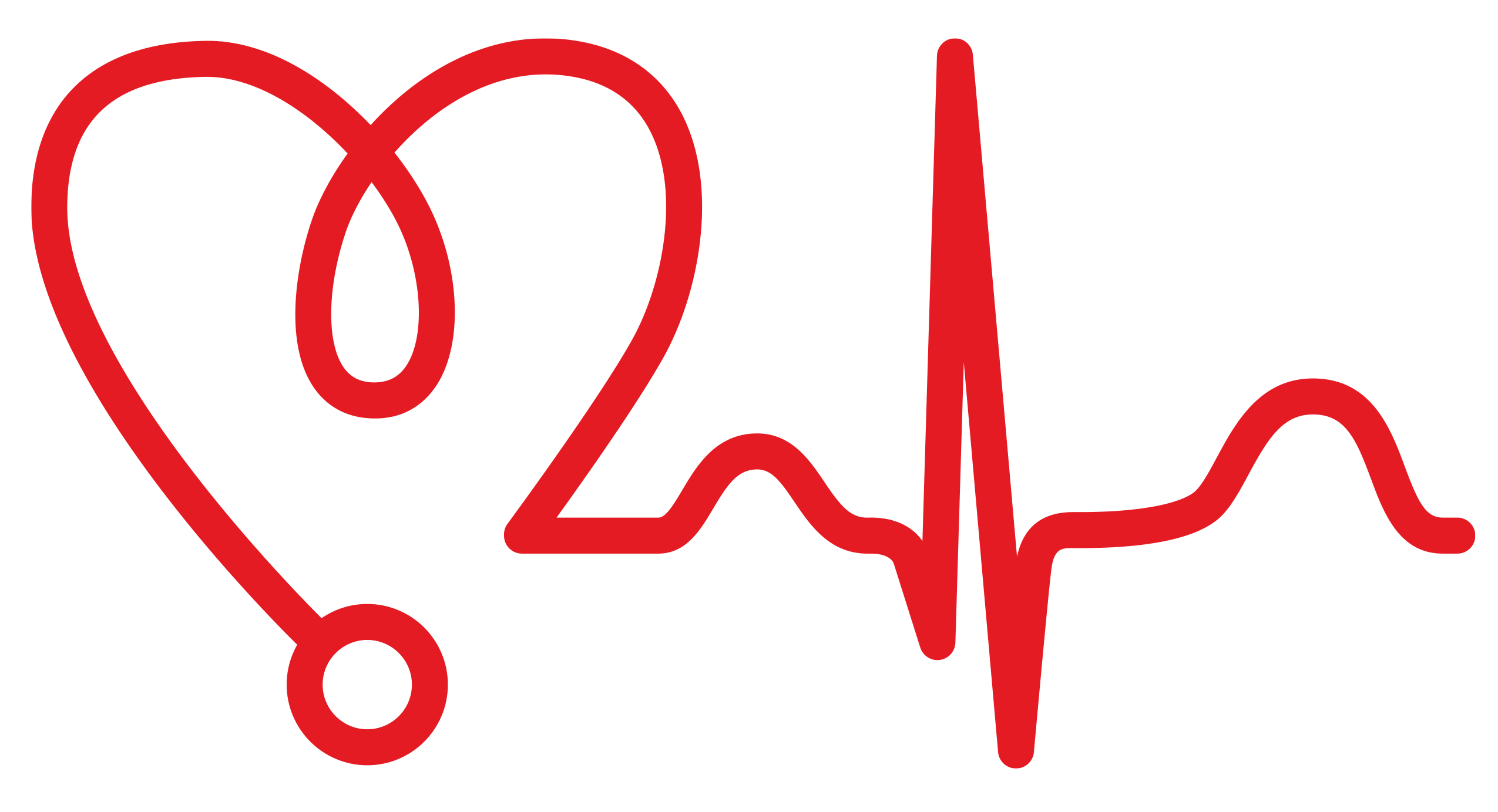


What to Expect:
- Check-In and Medical History: You'll start by checking in at the front desk. The staff may ask for your insurance information, identification, and any referral paperwork. You'll also be asked to complete a medical history form, which includes questions about your general health, family history of heart disease, medications you're taking, and any symptoms you may be experiencing.
- Vital Signs: A nurse or medical assistant will typically measure your vital signs, including blood pressure, heart rate, and possibly your weight.
- Discussion with the Cardiologist: When you meet your Women’s Heart Health cardiologist, they will review your medical history and discuss your concerns and any symptoms you may be experiencing. Be prepared to describe your symptoms, their duration, and any factors that may trigger or alleviate them. Bring your list of questions as well as pertinent medical records.
- Physical Examination: The cardiologist will perform a physical examination, which will involve listening to your heart and lungs, checking your pulse, and examining your neck and extremities.
- Review of Test Results: If you've had any prior tests related to your heart health, such as electrocardiograms (ECGs or EKGs), echocardiograms, stress tests, or blood work, the cardiologist will review those results and discuss them with you.
- Additional Testing: Depending on your symptoms and risk factors, the cardiologist may recommend further testing. This could include stress tests, Holter monitoring, cardiac catheterization, or other diagnostic procedures. The need for additional testing will depend on your specific situation.
- Treatment Recommendations: After evaluating your medical history, physical examination, and test results, the cardiologist will provide recommendations for treatment tailored to you. This may include lifestyle changes, medication, procedures, or surgery. They will discuss the risks and benefits of each option.
- Medication Management: If medication is prescribed, the cardiologist will explain the purpose, dosage, potential side effects, and any necessary precautions.
- Diet and Lifestyle Counseling: Many cardiologists will provide guidance on heart-healthy diet and lifestyle modifications, such as exercise and stress management.
- Follow-Up Plan: Your cardiologist will develop a follow-up plan, which may include scheduling additional appointments, monitoring your progress, and assessing your response to treatment.
- Questions and Concerns: Don't hesitate to ask questions and express any concerns you may have about your heart health, treatment options, or lifestyle changes. It's important to have a clear understanding of your condition and recommended care.
- Education: Your cardiologist may provide educational materials and resources related to heart health and your specific condition.